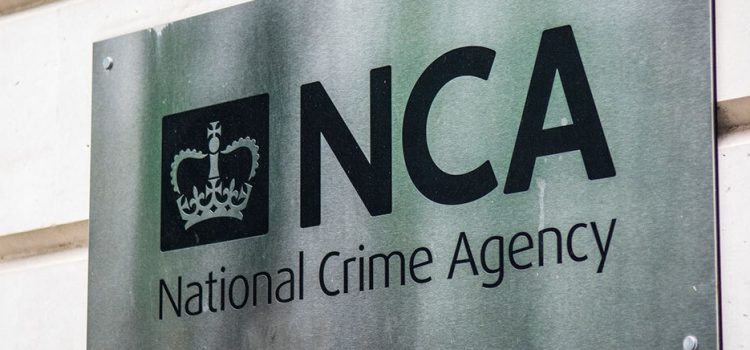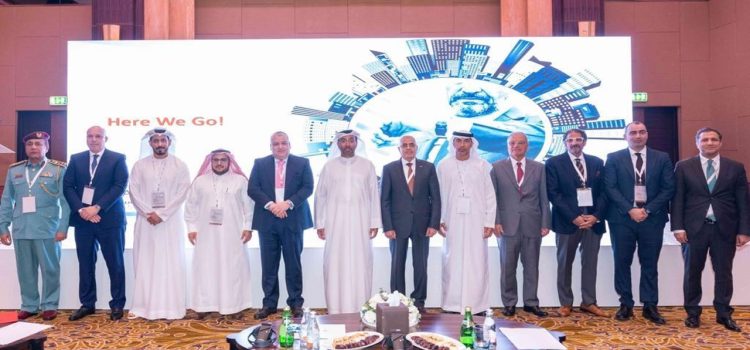
UAE based but unregulated, Cryptocurrency financial services firm CLS Global, has pleaded guilty to charges stemming from a U.S. undercover operation targeting fraud in the crypto sector. USA federal prosecutors announced that CLS will admit to manipulating the market for a digital token created at the FBI’s direction.
The investigation, known as “Operation Token Mirrors,” was the FBI’s first attempt to create its own digital token and a fake cryptocurrency company as part of a broader strategy to identify fraudsters in the crypto market. CLS is one of three market makers and 15 individuals charged last year by federal prosecutors in Boston as a result of the probe.
In court filings, CLS acknowledged providing illicit services to the FBI-backed NexFundAI token, which ran on the Ethereum blockchain. Prosecutors said the firm engaged in wash trading—sham transactions intended to artificially boost the token’s trading volume and price.
Under the terms of the plea agreement, CLS will plead guilty to two fraud-related counts, pay $428,059 in penalties, and withdraw from cryptocurrency transactions involving U.S. investors. The company will also be required to certify its business practices annually and agreed to settle civil charges brought by the U.S. Securities and Exchange Commission.
Filipp Veselov, CEO of CLS Global, stated, “We recognize that there may be areas where we can improve our processes, and we are open to constructive dialogue with regulatory authorities.” The company added that it actively works to restrict engagement with U.S. clients.
This case is part of a broader DOJ crackdown on crypto market manipulation, with other firms like CLS Global, and ZM Quant also facing accusations of inflating token volumes. These firms allegedly engaged in similar practices, making tokens appear more active and valuable than they were, often selling them at inflated prices to outside investors.
Dubai authorities broke up two major money laundering operations
This comes as Dubai authorities, in collaboration with key federal authorities, have successfully broken up two major international networks conducting money-laundering operations worth a total of $174 million (AED641 million). The Dubai Public Prosecution referred an Emirati national, 21 British nationals, two Americans, a Czech national, and two companies owned by the Emirati national to the Criminal Court of First Instance at Dubai Courts. The individuals and entities face charges of possessing illicit funds of AED461 million as well as forgery of official documents and their use.
In another successful operation, a collaboation between Dubai Economic Security Centre and the Public Funds Prosecution in Dubai disrupted an international organized crime network involved in money laundering operations worth $49 million (AED180 million) using cryptocurrencies. The Dubai Public Prosecution has referred the case involving a network of 30 individuals and three companies to the Money Laundering Court at Dubai Courts. The network, which conducted complex money laundering operations worth AED180 million using cryptocurrencies, operated across the UK and Dubai. Investigations revealed that the network laundered cash in the UK through unlicensed cryptocurrency intermediaries present in the UK and Dubai.
The accused, identified as two Indian nationals and one British national, orchestrated the scheme, which included proceeds from illegal activities such as drug trafficking, fraud, and tax evasion in the UK. A meticulously planned operation led to the arrest of the accused and the freezing of bank accounts used for money laundering activities.
The success of these complex operations was made possible through the combined efforts of the Public Funds Prosecution in Dubai, Dubai Economic Security Centre, Dubai Police’s Anti-Money Laundering Unit, the UAE Financial Intelligence Unit, Dubai Customs, and the International Cooperation Department at the UAE Ministry of Justice.
His Excellency Essam Issa Al Humaidan, Attorney General of Dubai, commended the Public Prosecution, law enforcement agencies, and partnering local and federal agencies for conducting coordinated meticulous investigations that led to the successful dismantling of the sophisticated international money laundering networks. He underscored the significance of these efforts in tackling complex financial crimes, protecting the national economy, and enhancing financial stability. His Excellency reaffirmed Dubai’s commitment to enforcing anti-money laundering laws, combating organized financial crime, and strengthening international cooperation to uphold global financial integrity.
Dubai Police succeed in addressing 500 money laundering cases
Dubai Police successfully addressed 500 money laundering cases from 2022 to 2024, underscoring their vital role in the UAE’s efforts to combat organized and transnational crime. Working closely with international law enforcement agencies, these efforts have led to investigations involving over AED 4 billion, including $16 million (AED 60 million )in virtual assets.
Lieutenant General Abdulla Khalifa Al Marri, Commander-in-Chief of Dubai Police, highlighted that these accomplishments reflect the UAE’s ongoing commitment to fighting money laundering and strengthening global partnerships to tackle financial crimes.












